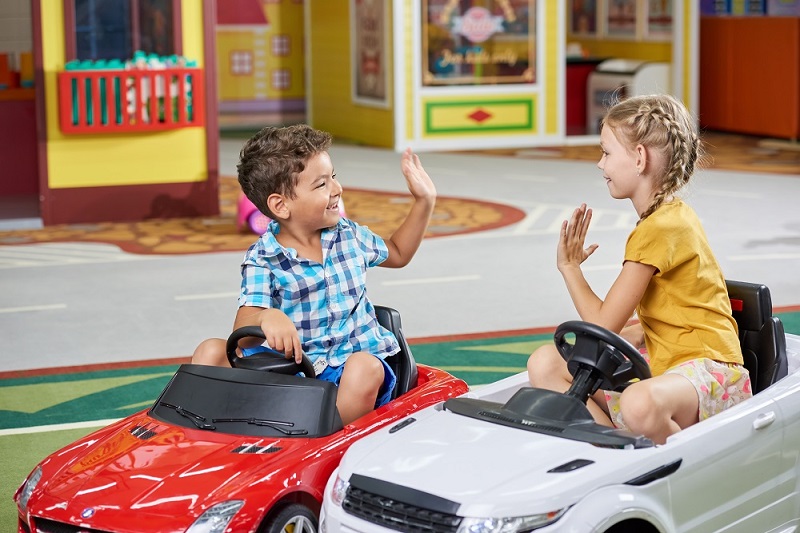Examine the general curriculum for preschoolers and learn about the expectations in each topic. Additionally, look for activities at home to help students learn within the school.
Preschoolers acquire “pre-skills,” which lay the foundation for their future. Through singing, playing and studying, preschoolers develop abilities that will aid them in learning to write and read and improve their science and math skills and be successful learners. Preschoolers also acquire “school readiness” abilities, which aid them to comprehend the rules of the school and how to function in groups, and also how to behave as students.
Classrooms for preschool(franchise schools in India) are usually arranged into areas or centres which are separated by various kinds of subjects and play types. A typical preschool classroom could have the following areas that include reading, arts and crafts, a water/sand table, math and building toys, as well as an area that is used for play.
Pre-Skills For Preschoolers
Reading in Preschool
Preschoolers learn to read throughout all day long, not just during their time-bound “reading” period. Teachers make use of read-aloud in the form of songs, poems, and rhymes to help teach subjects throughout all subject areas. Classrooms are stocked with markers and objects that aid children in making connections between words and objects as well as letters and words.
Writing in Preschool
The majority of preschoolers’ early writing skills are developed by the many activities in the arts and crafts they engage in during the day. When preschoolers draw, paint and cut, stick or glue their hands, they develop muscles in their hands. They also improve those fine motor capabilities, developing the strength and abilities needed to hold and operate pencils and pens. Also, reading your preschooler is doing is directly related to the development of his literacy and writing skills.
Math in Preschool
Everyday math lessons for preschoolers include the learning of numbers, practising counting, making patterns, learning to make shapes as well as using calendars. Additionally, playing with puzzles making toys, blocks and games can help preschoolers learn and develop math skills as they use their hands to count objects, manipulate them and explore different shapes, dimensions, sizes, and spaces.
Science in Preschool
Typically, teachers give specific science classes once to three times each week. The class will study the subject (for instance, animals, weather, water as well as plants and the natural world) by using books, experiments using actual objects, outside explorations or through interactive activities. Additionally, preschoolers are natural scientists when they play and investigate their surroundings using their minds that are curious. They always experiment and learn while playing outside as they explore natural objects or play with playthings like clay, sandboxes, or water tables.
Social-Emotional Learning in Preschool
Learning about social-emotional skills in the franchise preschool classroom happens all day long, as children interact with one another as they learn to share, play games working together, and share their ideas. By engaging in these activities, preschoolers develop their social skills as well as learn how to become successful learners.

